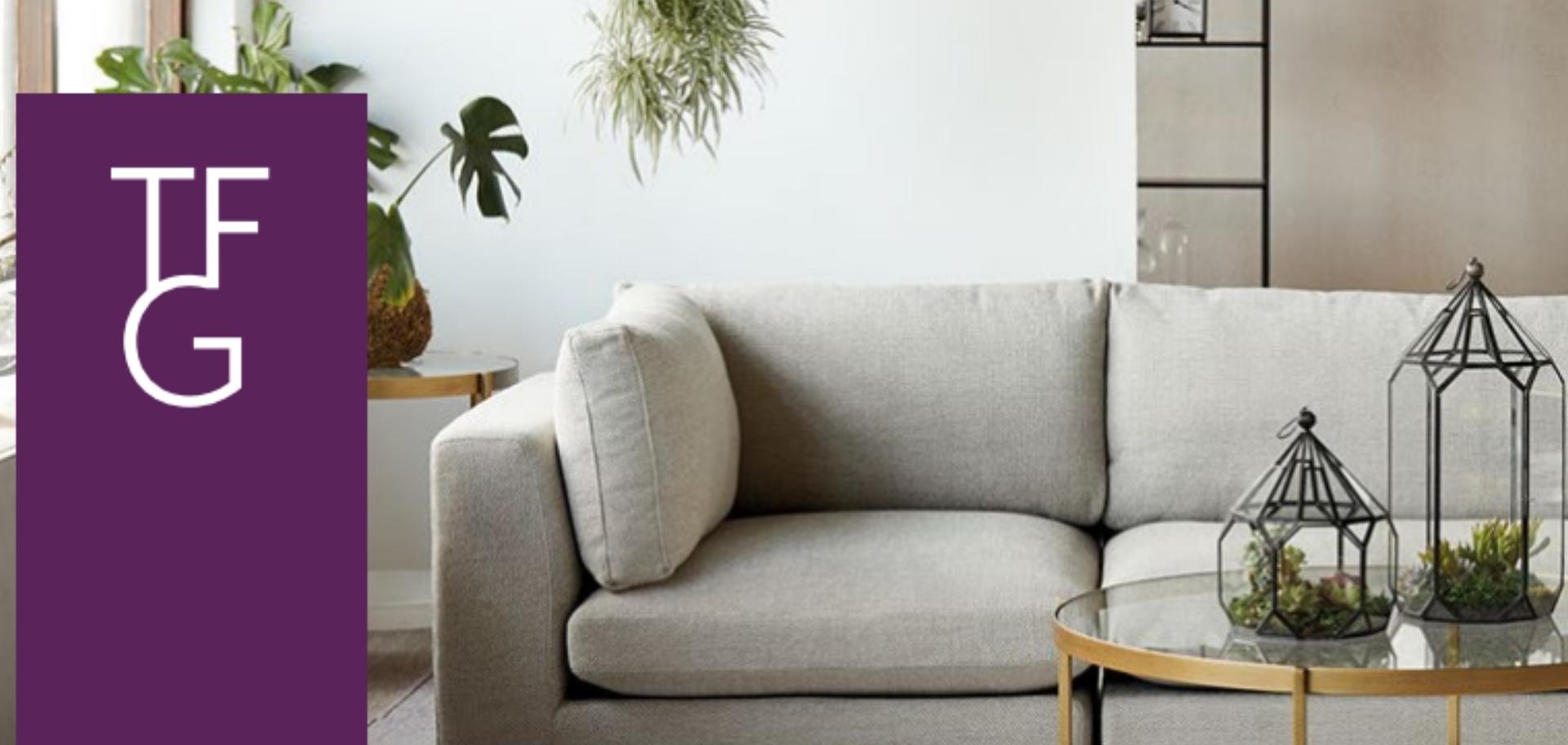The Foschini Group sadly stole my future listed company ticker, trading under JSE:TFG. I’ll forgive them for the shared acronym and focus on their business instead.
The share price is up 13% this year, a seriously impressive outcome considering the pain being felt in the rest of the market. The gain over the past twelve months is 17.7%.
The latest update is a trading update for the fourth quarter of FY22, which covers the three months to the end of March. It includes a trading statement for the full financial year which reflects expected growth in diluted headline earnings per share (HEPS) of between 403 % and 413%. The earnings range is 991.9 cents to 1,011.6 cents. At Friday’s closing price of R139.39 per share, the trailing Price/Earnings multiple is around 13.9x.
Momentum is strong, with sales up 23.7% year-on-year in the latest quarter. For the full year, sales increased by 31.6%. The result was supported by the localised supply chain that helped mitigate the impact of global supply chain issues.
This includes a record performance from TFG Africa, growing turnover by 16.1% overall and 11.5% on a like-for-like basis in Q4. Cash turnover in TFG Africa increased by 35.9% on a full year basis, now contributing 71.1% of total TFG Africa turnover. TFG “remains cautiously conservative” with its credit lending criteria. Provisioning levels have been maintained despite better than expected payments on the credit book.
Clothing contributes 75% of TFG Africa turnover and grew by 20.2% in Q4. The next biggest category is Homeware (7.4%) which grew by 17.4%. The other category I’ll touch on is Cosmetics, which grew by 4.5% in this quarter after two quarters of negative growth. This is probably the impact of people returning to work. Cosmetics contributes 3.2% of group turnover, less than Jewellery (4.8%) and Cellphones (9.5%).
TFG Australia posted retail turnover growth of 11.5% in local currency in the fourth quarter. Full year growth was 24% vs. a Covid-impacted base.
TFG London’s numbers are just silly, up 91.6% based on a totally different operating environment in terms of Covid restrictions. On a full year basis, turnover grew by 57.3%.
I found it interesting that group online turnover growth for the full year was 11.7%, well below total group turnover growth. Bricks and mortar has recovered quickly and online has lost momentum, though double-digit growth on such a large online base isn’t a bad result at all. Online now contributes 10.2% of group turnover vs. 12% in FY21. The split looks very different at country level, contributing 3.1% of total TFG Africa turnover vs. 9.3% in Australia and 45.2% in London.
In TFG London, online turnover via third party retail channels was purposely restricted and only grew by 0.1%. I would guess that this was to maximise margins in a time of difficult supply chains.
TFG is still growing strongly on an organic basis, opening 300 stores in FY22. Speaking of stores, by the end of March TFG had reopened 174 of the 198 stores that were damaged in the looting. SASRIA payments of R540 million have been received and the business interruption claim is hoped to be finalised by the end of 2022.
Things are far from easy out there, so TFG is focused on getting everything right that is within its control. This includes gross profit margins, expense control, working capital management and capital allocation. The top line growth momentum still looks strong though. In April, year on year growth was 17.1% in TFG Africa, 62.3% in TFG London and 10.9% in TFG Australia. The benefit of a recovery in malls is clear to see here.
Strategically, TFG has made a significant move with the acquisition of Tapestry Home Brands, which includes Coricraft, Dial-a-Bed and Volpes. The sale was led by private equity investor Westbrooke, which originally acquired Coricraft in 2005. This deal is in line with TFG’s strategy to bring its supply chain as close to home as possible, which makes a world of sense in the current environment. The R2.35 billion deal is going through regulatory approval.
When you read these numbers, TFG seems to be operating in a different world to everyone else. The strategy is paying off at the moment. As South African consumers come under increasing pressure with rising rates and shocking inflation in the likes of fuel costs, it will be interesting to track growth in TFG.




